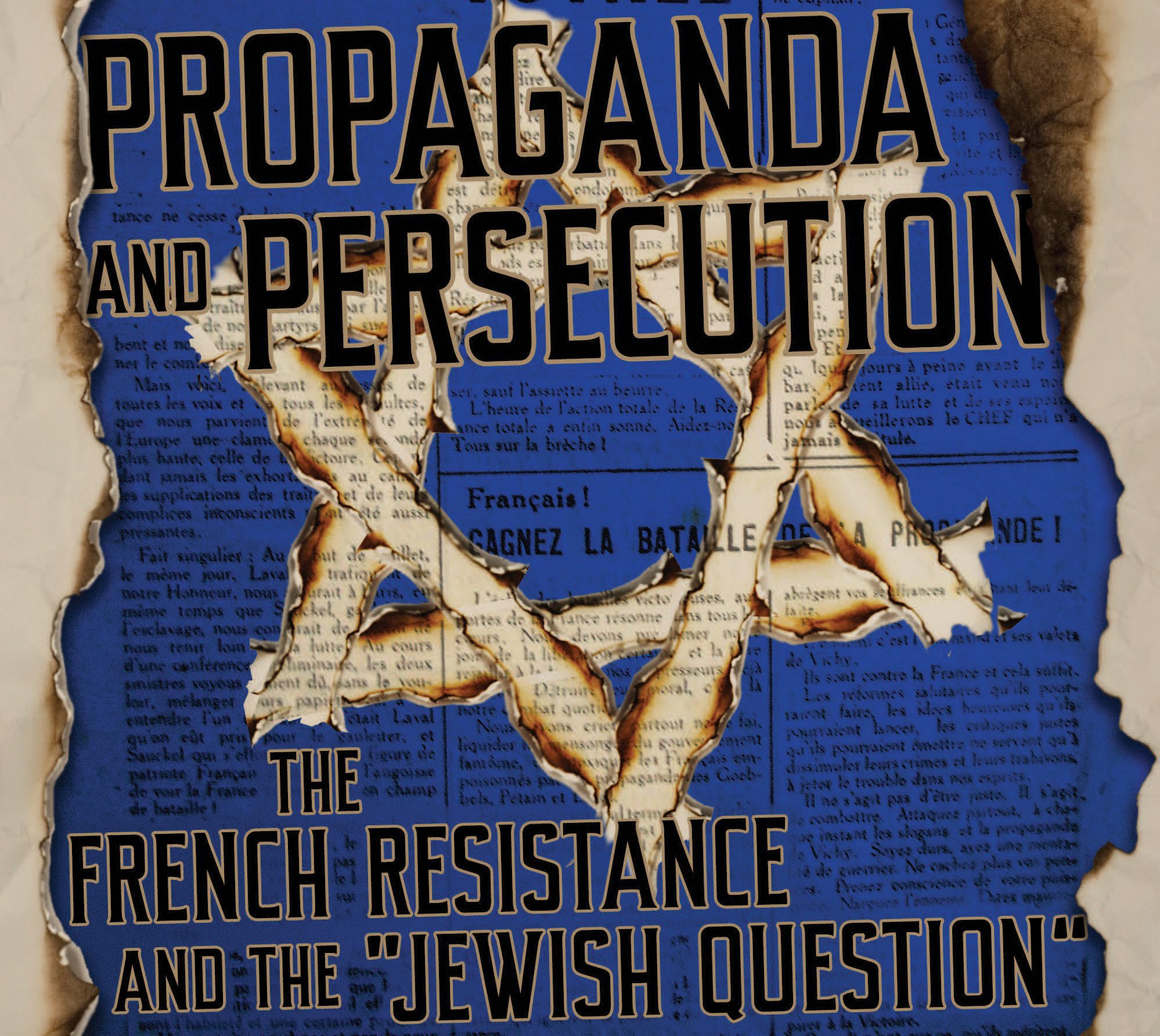
The French Resistance and the Persecution of the Jews during WWII
Renée Poznanski, Ben-Gurion University of the Negev
March 26, 2024 · 4:30 pm—6:00 pm · 010 East Pyne
Program in Judaic Studies; Center for Collaborative History

Join the Program in Judaic Studies and the Center for Collaborative History to hear Renée Poznanski discuss her book, recently published in an English translation, Propaganda and Persecution: The French Resistance and the “Jewish Question”, on Tuesday, March 26.
After a resounding defeat, France officially left the war and a new government, retaining some sovereignty over part of the country and settled in the city of Vichy, put an end to the Republican regime and collaborated with the Nazi occupiers. As a result, the Jews were faced with a double persecution, led by the German occupier as well as by the Vichy regime. Marginalization and exclusion led to internment before deportation to the East and extermination.
A propaganda war soon began, between on the one hand the new regime and the Nazi occupiers and, on the other hand, emerging Resistance movements, both in metropolitan France and in London around General de Gaulle. A large array of clandestine publications and daily French-language BBC broadcasts spared no effort to gain French opinion to the idea of Resistance, exposing Vichy’s betrayal of all the key values that shaped France.
Yet, a close reading of these texts reveals that the Resistance leaders were reluctant to deal with the persecution of the Jews and condemn it and kept a policy of extreme discretion on this matter, except for a few months during the summer of 1942. At the same time, numerous and detailed denunciations could be found in a Jewish clandestine press. A whole range of reasons explain what may seem surprising. These propaganda choices were based on numerous reports tracking opinion trends and reveal high versus low priorities topics in the eyes of these leaders. More generally they allow to decipher how Jews were perceived in French society, beyond the binary distinction usually made between those who were or were not anti-Semites.
At a time when some historians have shifted the spotlight from the State’s policy of collaboration in the persecution of the Jews to the aid allegedly provided to persecuted Jews by the population as a whole, the discourse to be found in the propaganda texts published by the Resistance movements add some nuances to the overall picture.
Open to the public. Refreshments will be available.















